Popular messengers that were forgotten!
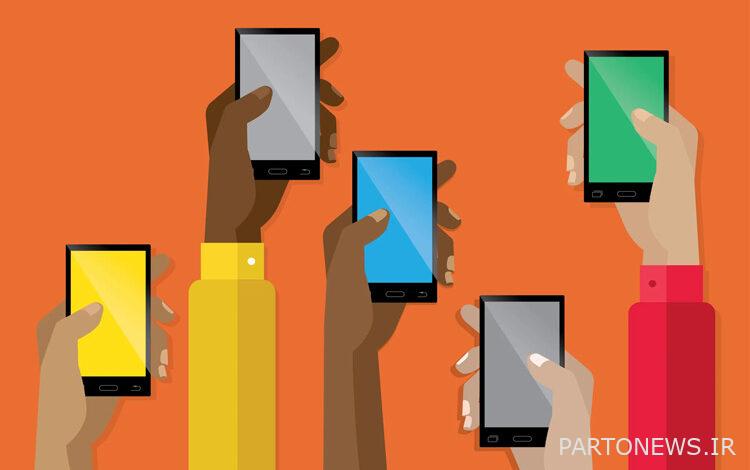
In fact, with the high speed that we are witnessing in the field of technology, including messaging platforms, a heavy competition is formed in which only a limited number can be called “successful”. 2 concepts of “usability” and “applicability” are the determining factors in the survival of platforms. All other factors and concepts, including security and privacy, fall under these two concepts.
Facebook, the old favorite
Facebook messenger, which was once installed and welcomed by default on many users’ devices, is no longer as popular as it used to be. Mark Zuckerberg, the owner of Facebook, who realized the decline of daily and monthly active users, tried to bring the company back to the top by changing its strategy about 2 years ago. Changing the logo to “Infinity” and changing Facebook’s name to “Meta” and developing a space called Metaverse, which was based on Blockchain and Web 3, were notable at first. But not only the Facebook messenger did not return to its former popularity, but now experts also report that the Metaverse is going into a coma.
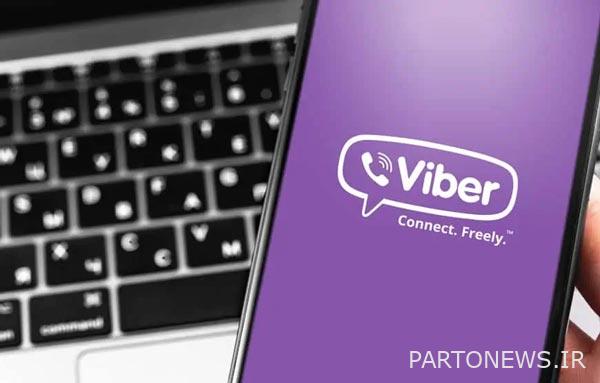
Viber, the end of a revolution
Viber messenger is well known for the first generation that used messaging platforms in Iran. In fact, Viber can be considered a revolution in the form of communication not only in Iran but all over the world. Attractive stickers, group formation and channel were able to attract a huge number of users to this messenger. This messenger with the country’s policies, but after some time gave its place to Telegram. At that time, many users resisted the move to Telegram, but Viber’s limitations, including bandwidth reduction and even limitations on the number of characters and video size, caused Viber to be removed from users’ phones.
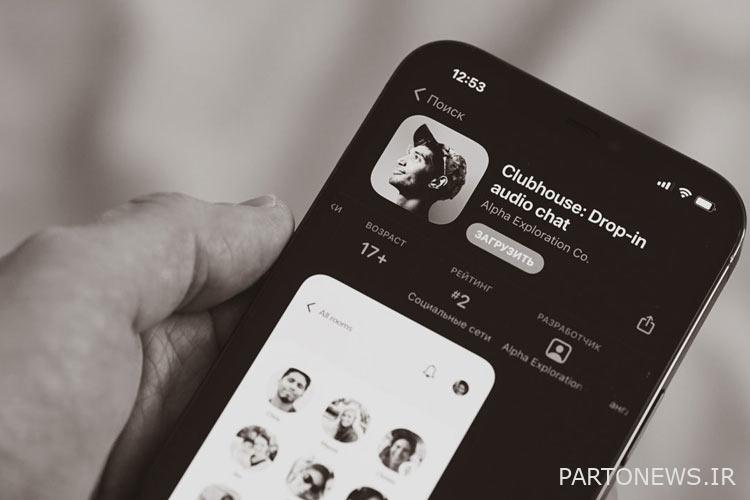
Clubhouse, unveiling at the right time
Clubhouse appeared in the messaging ecosystem when the corona virus was raging. Although other similar platforms were released before the development of Club House, Club House was the platform that was unveiled at the “right time”. The strategy of introducing this audio platform initially made it one of the popular ones in the ecosystem.
In Iran, while the 13th presidential election was near, this platform was able to play a significant role and even went so far that some operators made it unavailable; However, no real or legal person took responsibility for this action. This platform has also met with little luck these days.
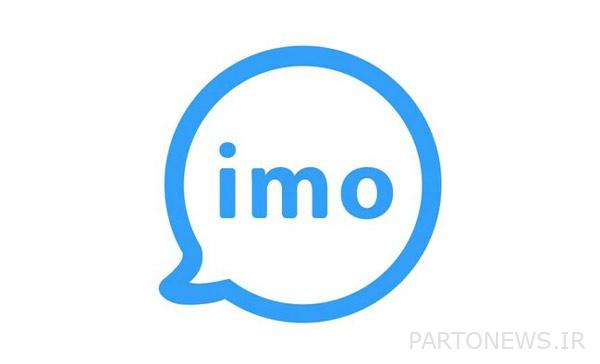
Emo, the forgotten wonder
Imo video and voice communication platform is familiar to almost everyone who was in contact with loved ones far away. This platform has been meeting the needs of users for a long time. But based on the same 2 principles of usability and applicability, EMO gradually went to the sidelines. In other words, other application platforms such as WhatsApp and Skype were able to beat Imo out of the field by providing special services and features in this breathtaking competition.
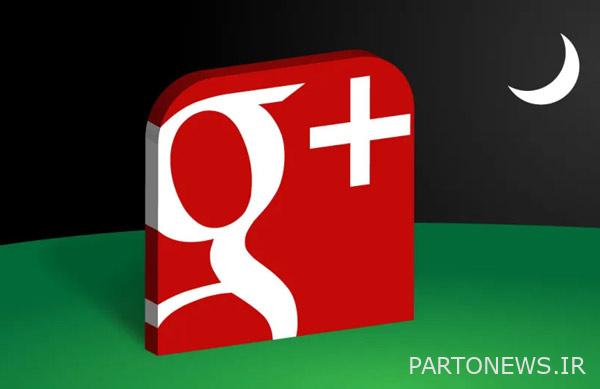
Google Plus, the big loser
At a time when Facebook was the ruler of social networks and popular messaging used by users, Google as one of the technology giants tried to compete with Facebook by unveiling Google Plus.
Probably Google, which considered itself a big successful company, thought that it would also be successful in the field of messengers. But it was not like this. Even Google tried to address the privacy concerns raised by Facebook. But the story did not go as expected and Google Plus, which had been operating since 2011, went out of business in early 2019.
Facebook, Twitter, decline in popularity
Facebook Messenger, which was once installed and welcomed by default on many users’ devices, is no longer as popular as it used to be. Realizing the decline in daily and monthly active users, Facebook owner Mark Zuckerberg tried to bring the company back to the top by changing its strategy about 2 years ago, but it never happened. He first changed the brand and name of Facebook. Meta was the name that was linked to the Metaverse, and the infinity symbol indicated the continuation of the company’s new path. About meta, the matter did not end here. Instagram, one of Meta’s subsidiary companies, also tried to compete with Twitter with the Trades platform; Although it seemed to be successful in the first weeks, the high fever soon turned into sweat. However, it is still too early to give a final opinion on this matter. For example, following yesterday’s disruption of social network X (former Twitter), which lasted only for a few hours, the statistics indicated a significant growth in the use of Twitter among users, and it seems that this competition will increase with the development of technology and the addition of different capabilities to Both platforms will continue.
Source: Hamshahri Online

